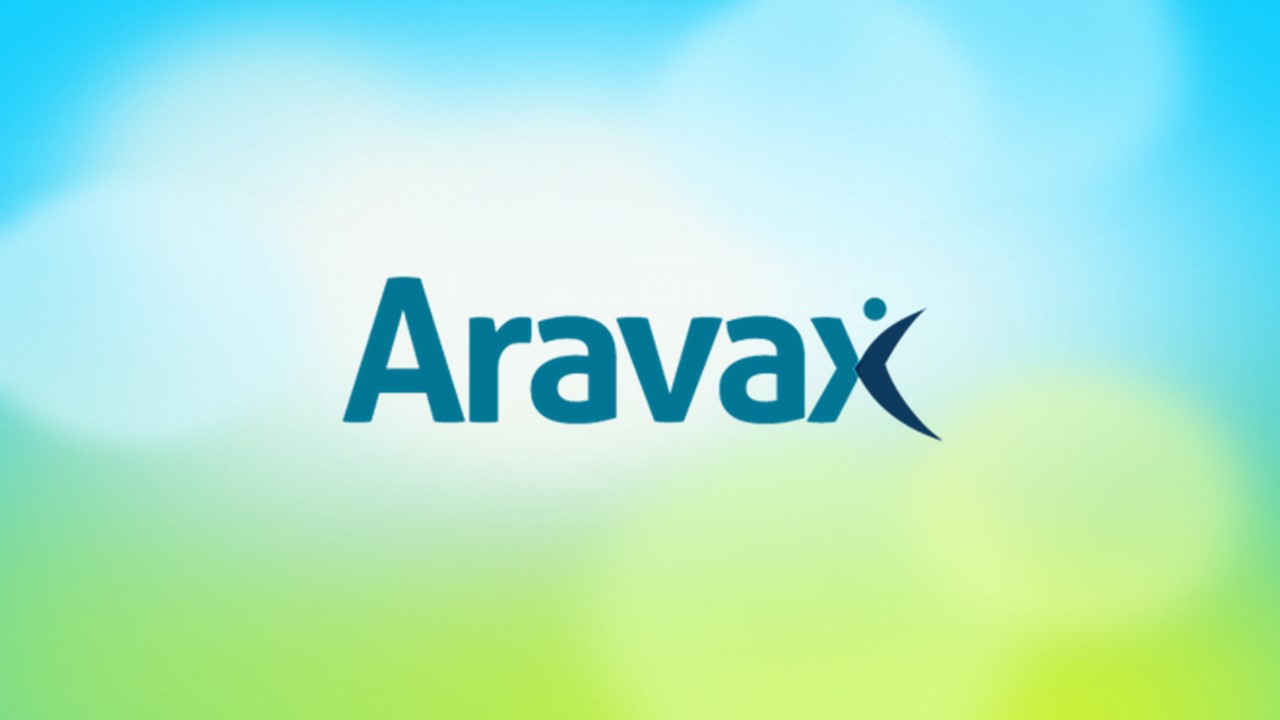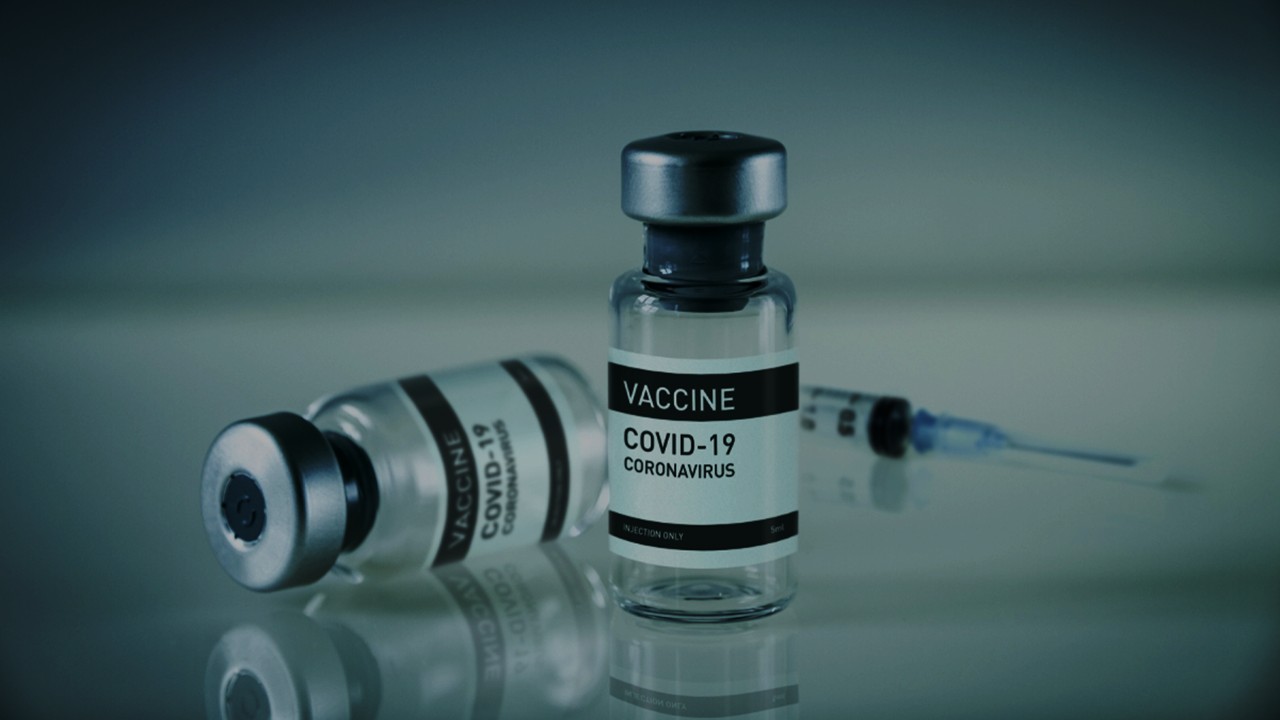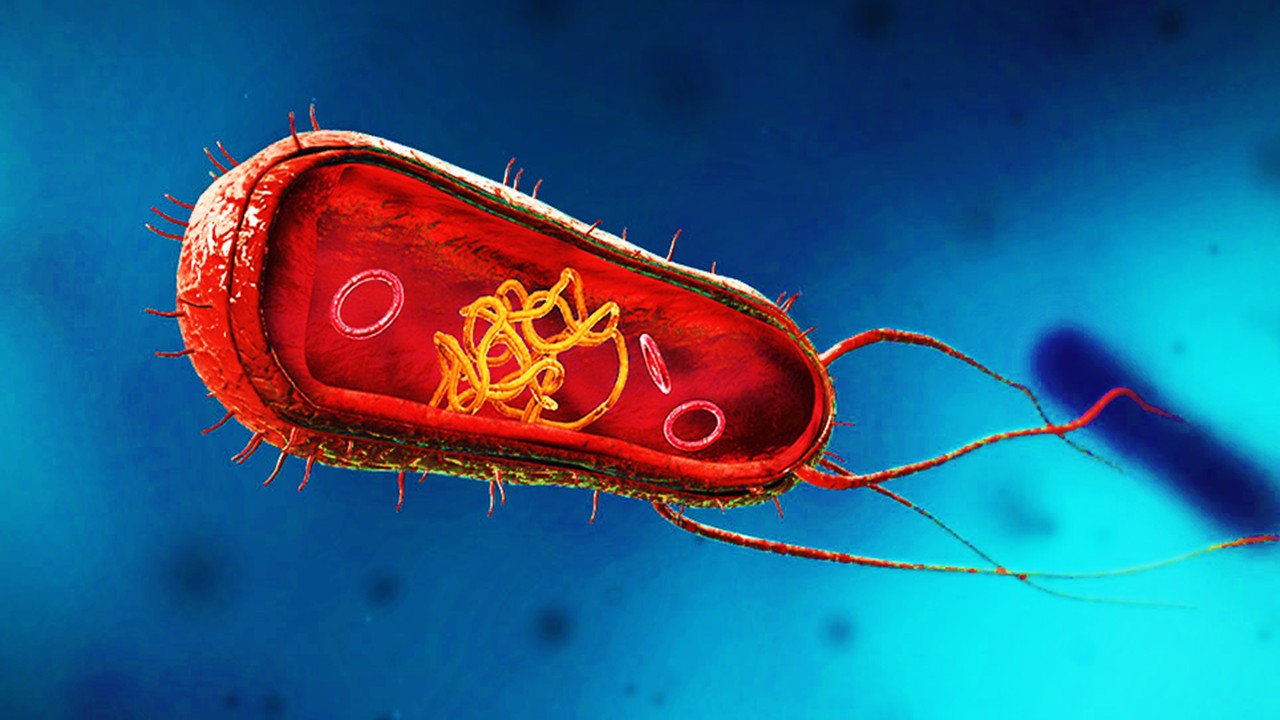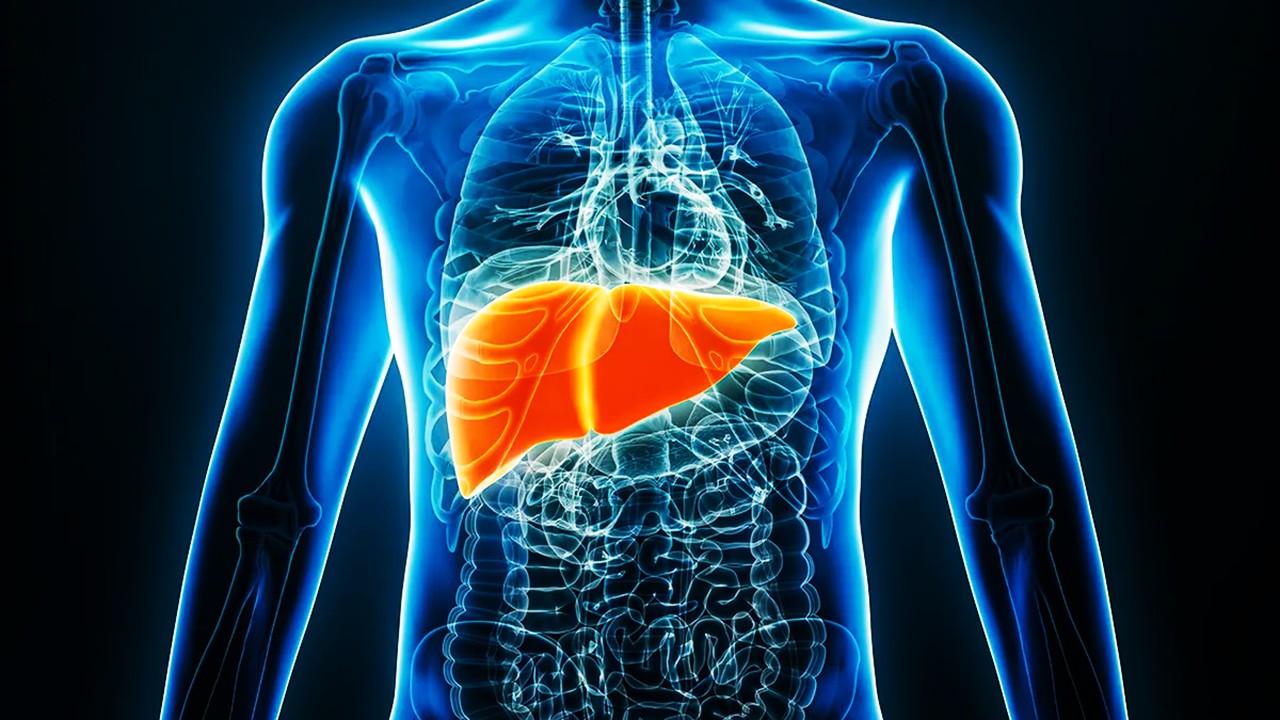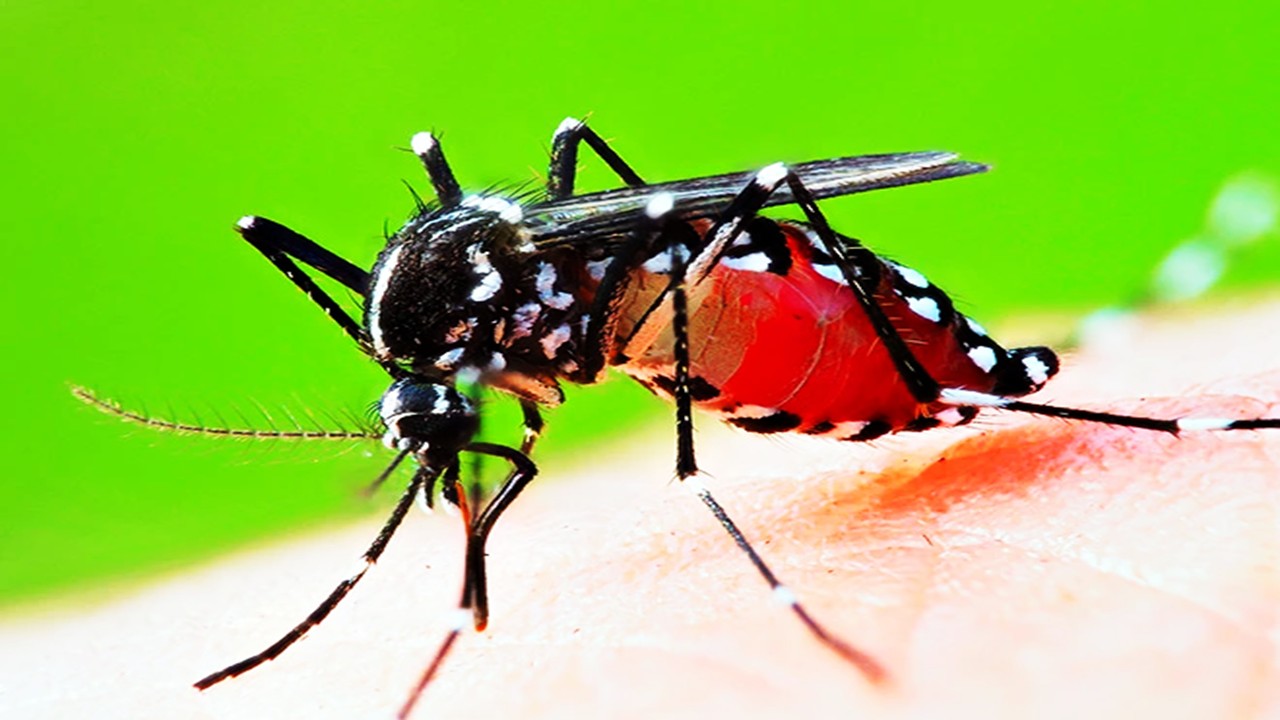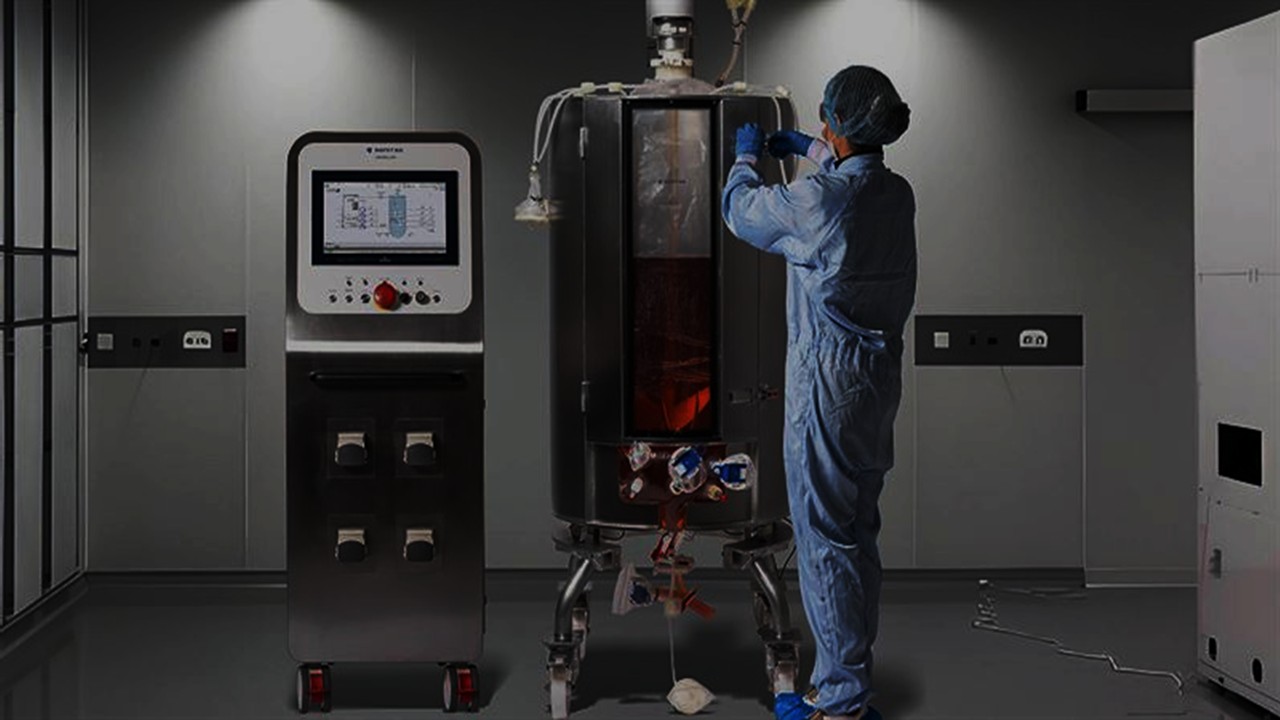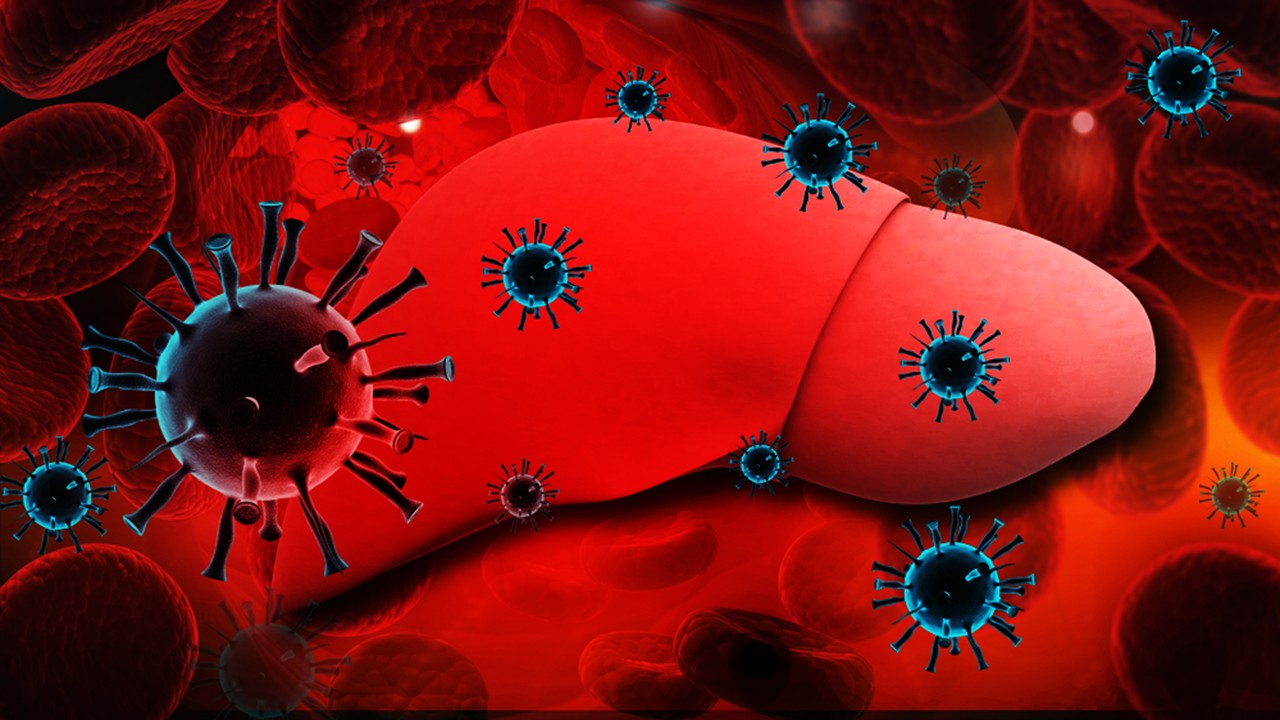GlaxoSmithKline snaps up Affinivax
31-May-2022
Pharma giant GlaxoSmithKline announced a definitive agreement to acquire Affinivax, a clinical-stage biopharmaceutical company based in Boston, for an upfront payment of $2.1 billion and development-associated milestone payments of up to $1.2 billion. Affinivax, as the name may suggest, is concentrated on the development of novel vaccines – with particular progress in next-generation pneumococcal products. Affinivax’s platform is reinforced by their Multiple Antigen Presenting System (MAPS), which enables the development of vaccines with improved valencies – one of the key limitations of current pneumococcal jabs which can only include limited numbers of serotypes. The most advanced Affinivax product candidate includes 24 pneumococcal polysaccharides and 2 conserved proteins, while a product that includes up to 30 polysaccharides is in preclinical development. The acquisition comes as GSK seeks to bolster its own vaccine R&D pipeline – having been left out of the COVID vaccine race early on. Similar sentiments were expressed by Dr Hal Barron, Chief Scientific Officer and President of R&D at GSK:
“The proposed acquisition further strengthens our vaccines R&D pipeline, provides access to a new, potentially disruptive technology, and broadens GSK’s existing scientific footprint in the Boston area. We look forward to working with the many talented people at Affinivax to combine our industry-leading development, manufacturing, and commercialisation capabilities to make this exciting new technology available to those in need.”
VeriSIM Life and Total Brain to use AI for Neurological Disorder Drug Development
26-May-2022
VeriSIM Life, a leading AI-enabled drug development firm, announced a new partnership with Total Brain, an integrative neuroscience company, in an effort to bolster efforts for the development of pharmaceuticals to tackle neurological disorders. The joint venture will leverage VeriSIM Life’s BIOiSIM AI-enabled decision-making engine for drug development in combination with Total Brain’s proprietary mental health and brain performance database. The potential for the area is transformative, as Total Brain’s datasets constitute the largest standardized brain database in the world – describing electrical activity, brain structure and blood flow, as well as encompassing genetic assessments. The move is indicative of a greater push to tackle unmet needs in the psychiatric and neurological space, with particular focus expected on the Central Nervous System in the coming decade from throughout the industry. CEO of VeriSIM Life, Dr. Jo Varshney, expressed the company’s excitement to be joining the effort to improve mental health:
“We are excited to partner with Total Brain to combine the power of their high-dimensional data with our drug prediction engine to open new doors for drug discovery specifically addressing neurological conditions – something that has never been explored this way before. Using this first-ever combined computational/data capability, pharmaceutical partners will be able to more efficiently and effectively develop new drugs to treat illnesses like depression, anxiety, bipolar disorder, Alzheimer’s, Parkinson’s, schizophrenia, epilepsy, anorexia, ADHD and PTSD.”
Terremoto Biosciences snaps up Series A Funding for Covalent Therapeutics
25-May-2022
Terremoto Biosciences has launched with $75m in a Series A financing round co-led by OrbiMed and Third Rock Ventures. The company’s mission is to develop best-in-class covalent drugs, as well as covalent therapies for previously undruggable targets – with a primarily lysine-targeted platform. Covalent drugs bring high affinities and long-lasting effects, although their potency can also have significantly adverse side effects. This makes the investigation and limitation of any off-site activity particularly important – and is one of the primary reasons covalent drugs have experienced a depressed interest from the industry for many decades. However, new drug discovery and development methods have brought about renewed interest in the field – and Terremoto hopes to push the modality into the pharmaceutical mainstream, as stated by their CEO, Peter Thompson:
“Terremoto is redefining what was once thought of as scientifically impossible with our well-defined platform approach and unrivaled team. With the Series A financing in hand, we will continue to build upon the foundational advancements in our lysine-based covalency technology to dramatically expand the universe of drug targets, as well as significantly improve upon existing medicines for the patients who need them most.”
CureVac embarks on mRNA Cancer Vaccines Venture with myNEO
25-May-2022
CureVac, a firm focusing on the advancement of RNA-based therapies, announced a partnership with myNEO – a Belgian company concentrated on the development of immunotherapies for cancer. The partnership will involve the identification of antigens on the surface of tumors for the development of novel mRNA immunotherapies, leveraging myNEO’s unique machine learning and bioinformatics platform to locate antigens able to trigger potent immune responses. Combined with CureVac’s track record in developing mRNA-based cancer vaccines, the partnership hopes to break new grounds in this unique research and licensing agreement, as stated by the Chief Business Officer and Chief Commercial Officer of CureVac, Anthony Blanc:
“We are translating our mRNA technology insights and learnings to create value in oncology. myNEO’s state-of-the-art predictive approach to analyze tumor and normal genetic data inputs from multiple sources, perfectly complements our mRNA technology as we advance the development of novel cancer vaccines. Through this collaboration, we prepare to build a strong pipeline in oncology and accelerate growth beyond our progress in prophylactic vaccines.”
Roche enters Oncolytic Virus Partnership with KaliVir
24-May-2022
Roche broke new ground in the pharmaceutical mainstream by entering a new collaboration and licensing agreement with KaliVir for the advancement of oncolytic viruses. Oncolytic viruses are a novel therapeutic modality seeking to infect tumors and elicit immune responses through this infection. The partnership will see the two companies work on the development of KaliVir’s vaccinia virus-based platform for the discovery of novel viral candidates, using KaliVir’s VET platform as well as transgenes developed by Roche. Oncolytic viruses provide another avenue for attack in the fight against cancer, diversifying the portfolio of targeted and immune-related therapies available in our arsenal. Though the modality has remained niche for a long time, we are increasingly seeing new moves increasing its prominence, as stated by KaliVir CEO, Helena Chaye:
“We are extremely excited to work with Roche and its excellent scientific team to identify and develop novel, innovative treatments for cancer patients worldwide. Our VET platform is a powerful engine for identifying novel, innovative oncolytic immunotherapies, and we look forward to further expanding its potential and our broader discovery research capabilities through this discovery collaboration.”
Micro-tech Endoscopy to Distribute AI Diagnostics in Partnership with Wision A.I.
23-May-2022
Micro-tech Endoscopy, a medical device developer in the gastroendoscopy space, has announced a partnership with Wision A.I. to enhance its diagnostics tools with artificial intelligence for optical medical imaging. With conditions such as colorectal cancer representing a significant cause of mortality in the US, improvements that enable more precise and earlier identification of anomalies and abnormalities throughout the intestine will see lives saved by detecting cases before late-stage progression. The technology pioneered by Wision showed its potency in clinical trials prior to its approval by the FDA, identifying approximately 32 percent more adenomas than standard colonoscopy procedures and missing fewer polyps than traditional diagnostics. Artificial Intelligence has already made transformative impacts in image recognition across other industries, and has seen significant adoption in the pharmaceutical and healthcare industries – a trend that is expected to continue. Micro-tech Endoscopy President in the USA, Chris Li, highlighted the importance of earlier detection in a forward-looking statement:
“Together we are able to advance the early detection of more polyps and improve patient outcomes. More than 106,000 new cases of colon cancer are anticipated in 20222. This technology will ensure that more patients have early, accurate diagnosis so they have the best possible result. We see artificial intelligence playing a major role in increasing the detection of pre-cancerous polyps in the colon. This collaboration highlights Micro-Tech’s commitment to innovation that will serve patients and their health care providers.“
Nick Zoukas, Former Editor, PharmaFEATURES
Subscribe
to get our
LATEST NEWS
Related Posts
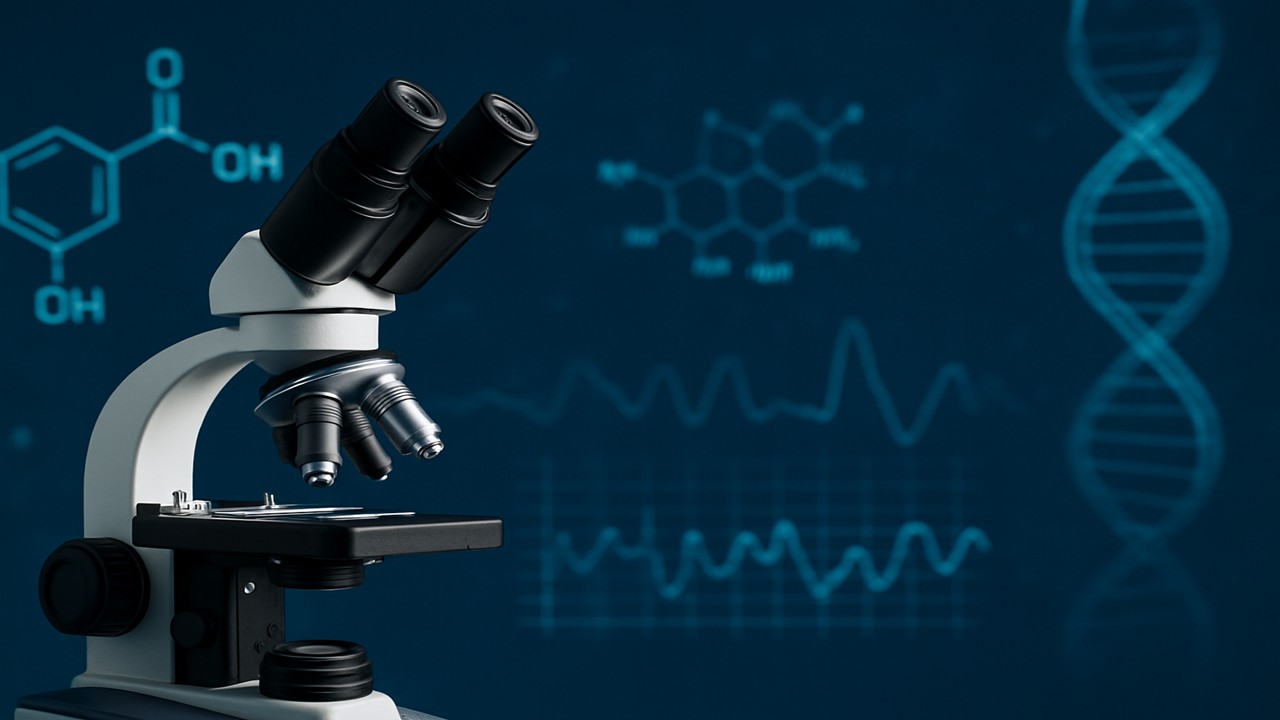
Leadership, Trends & Investments
Where Strategy Meets Science: Inside Proventa International’s Life Science Roundtables
Proventa International’s expert curation of strategy meetings is quietly shaping the future of biotech and pharma, one roundtable at a time.
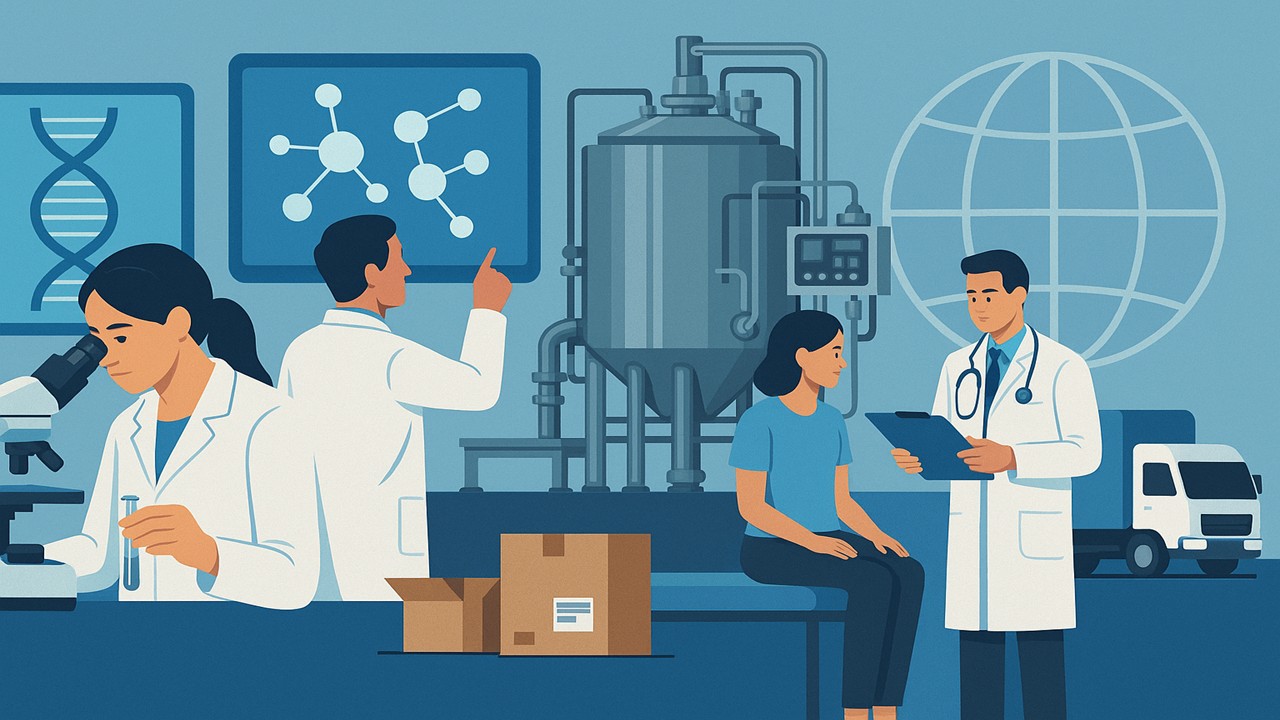
Leadership, Trends & Investments
Bridging Lab, Clinic, and Supply: The New Era of Pharma Operations
No More Silos: Integrating Science and Supply In a pharmaceutical landscape transformed by pandemics and personalized medicine, the walls between lab research, clinical trials, and logistics are coming down. A decade ago, teams handling Chemistry, Manufacturing, and Controls (CMC) focused on producing compounds after clinical success, while clinical operations (ClinOps) ran trials largely in isolation. […]
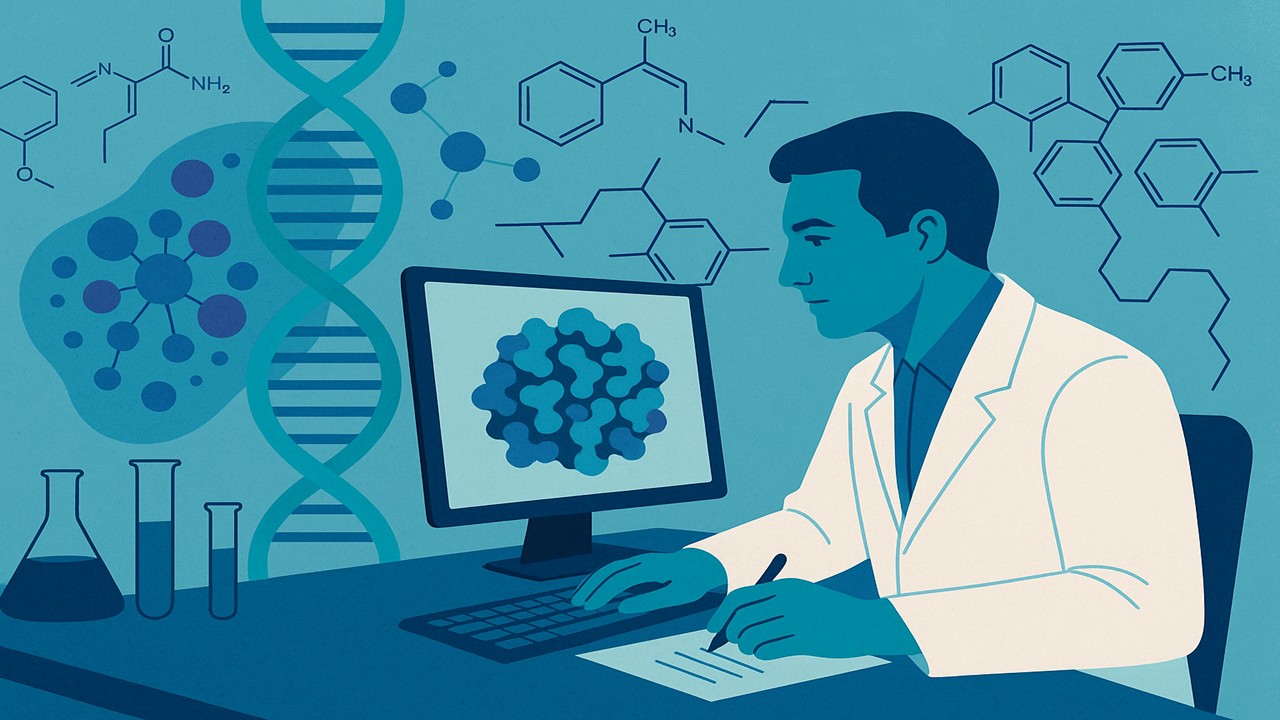
Leadership, Trends & Investments
Chemists, Code, and Cures: The New Era of Drug Discovery
The Evolving Landscape of Drug Discovery In a gleaming pharmaceutical lab in 2025, a medicinal chemist might spend the morning reviewing molecular designs suggested by an artificial intelligence and the afternoon discussing genetic screen results with a biologist. The search for new medicines has evolved into a high-tech endeavor that would have seemed like science […]
Read More Articles
Mini Organs, Major Breakthroughs: How Chemical Innovation and Organoids Are Transforming Drug Discovery
By merging chemical innovation with liver organoids and microfluidics, researchers are transforming drug discovery into a biologically precise, patient-informed, and toxicity-aware process.
Tetravalent Vaccines: The Power of Multivalent E Dimers on Liposomes to Eliminate Immune Interference in Dengue
For the first time, a dengue vaccine candidate has demonstrated the elusive trifecta of broad coverage, balanced immunity, and minimal enhancement risk,




